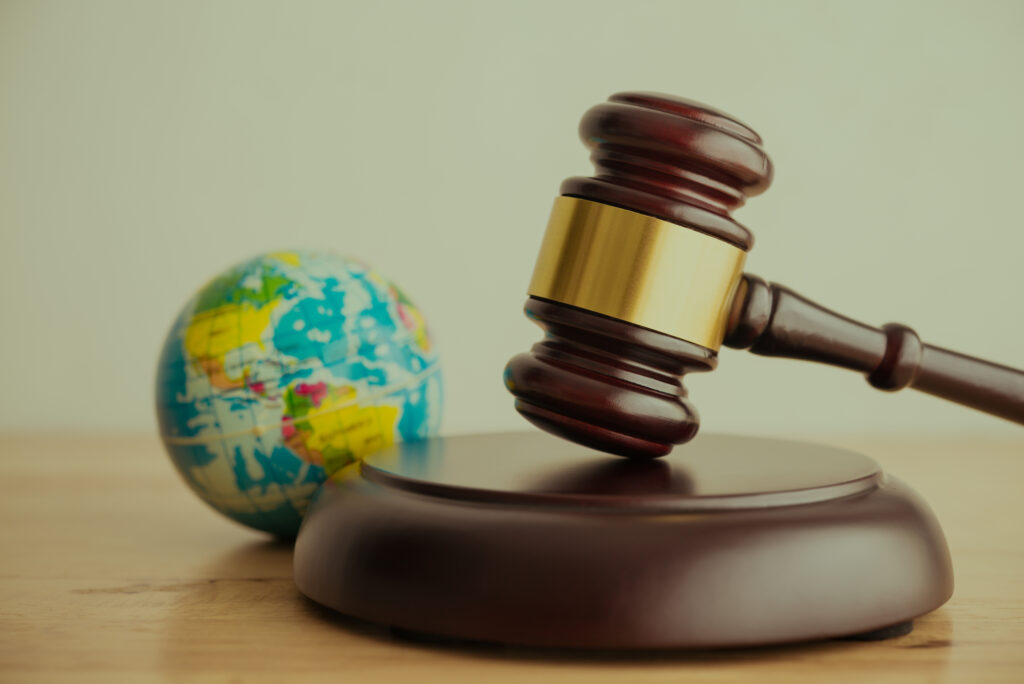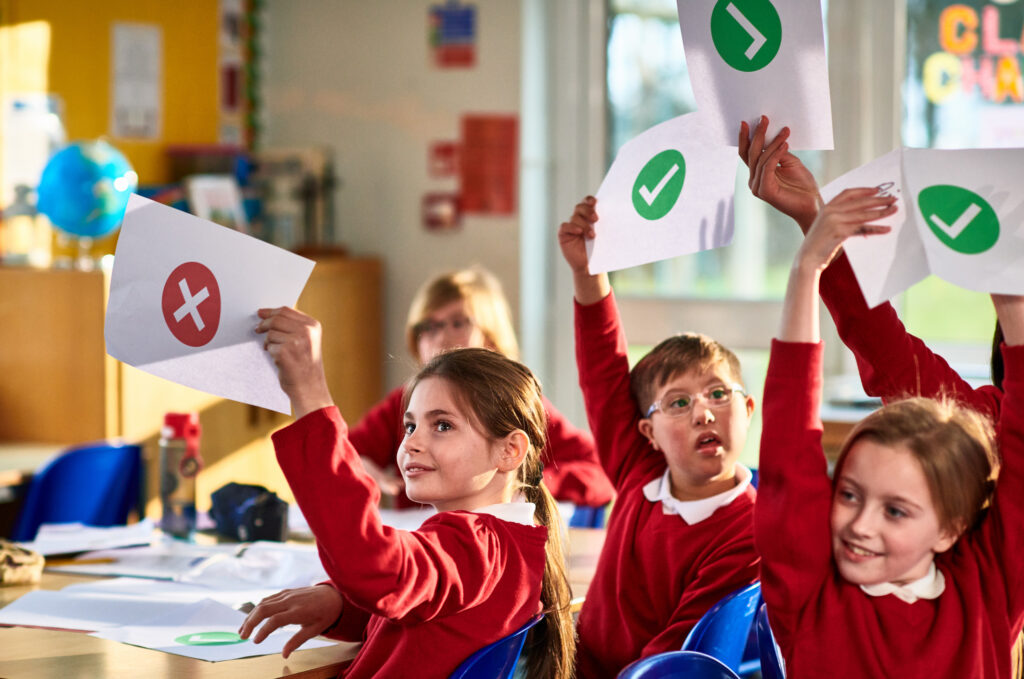Many Americans are caught up in the political squabbles over several recent Supreme Court decisions. If the SCOTUS decisions and their fallout reveal anything, it’s that too many Americans are willing to use the government to coerce their fellow citizens into behaving a certain way. Such people lack the virtue of political tolerance, which Thomas Jefferson argued was the foundation of “social harmony,… the first of human felicities.”
What sort of education system is most likely to foster that political tolerance?
People often assume government-run “public” schools are the best way of inculcating political tolerance. After all, Horace Mann’s vision of the “common school” involved bringing together students from ethnically and religiously diverse backgrounds and training them to be good citizens.
Private schools, by contrast, are not required to take all students, and many are religiously sectarian. President Obama made this claim when visiting Ireland in 2013: “If towns remain divided—if Catholics have their schools and buildings, and Protestants have theirs—if we can’t see ourselves in one another, if fear and resentment are allowed to harden, that encourages division. It discourages cooperation.” Surely the common schools do a better job inculcating the value of political tolerance than sectarian schools—right?
Government Schools Force Social Conflict
In reality, as my colleague Neal McCluskey has painstakingly demonstrated, government schools often force citizens into political conflict. Parents and educators clash over issues of pedagogy, curriculum, morality, sexuality, et cetera. Too often, deciding which policies a government school will adopt is a zero-sum game—because both sides can’t win, their best interest is in defeating the other, leading to resentment.
Moreover, the empirical evidence demonstrates private schools (including religiously sectarian ones) do as well as or better than government schools at inculcating political tolerance. In 2007, Dr. Patrick Wolf of the University of Arkansas conducted a literature review of the research on schooling and political toleration, finding:
The most commonly used method of measuring such political tolerance first asks respondents to either think of their least-liked political group or select one from a list that includes such groups as the Ku Klux Klan, American Nazis, the religious right, and gay activists. It then asks whether respondents would permit members of the disliked group to exercise constitutional rights such as making a public speech, running for political office, and teaching in the public schools. Other studies simply ask respondents whether they would permit various activities from a group with whom they disagree, without first asking them to choose their least- liked group. In either case, responses are aggregated into a tolerance scale.
With one exception, the findings regarding the effect of school choice on political tolerance are confined to the neutral-to-positive range. Eleven findings—five of them from the more-rigorous studies—indicate that school choice increases political tolerance.
Education Policy, Political Values
The studies do not tell us why private schools tend to outperform government schools at fostering political tolerance. Dr. Jay P. Greene, author of two of the studies in Wolf’s literature review, offered two potential explanations: “It may be that private schools are better at teaching civic values like tolerance, just as they may be more effective at teaching math or reading. It is also possible that, contrary to elite suspicion, religion can teach important lessons about human equality and dignity that inspire tolerance.”
It may also be that private schools recognize the importance of the political tolerance that allows them to operate without government intrusion. The same political tolerance that protects them also protects other institutions and groups, including those with diametrically opposite values.
Whereas the government schools force zero-sum conflicts—meaning some people ultimately prevail at forcing their view on others—a market in education allows parents to select the schools that reflect their values.
A free society requires political tolerance. The most likely education system to foster that tolerance is one rooted in free choice.
Jason Bedrick ([email protected]) is an education analyst at the Cato Institute’s Center for Educational Freedom. Article reprinted with permission from Cato’s blog.
Image by Brian Turner.



